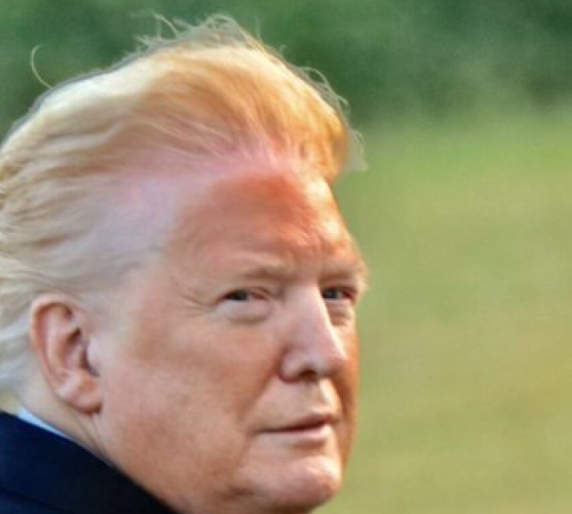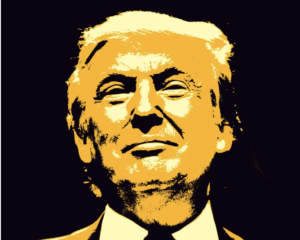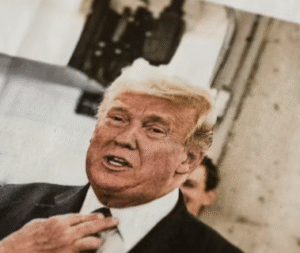$TWTR $FB $SPY
#DonaldTrump #Easter #PoliticalAttack #JoeBiden #Judges #Election2020 #HappyEaster #TruthSocial #Controversy #USApolitics #ElectionIntegrity #SocialMedia
President Donald Trump’s Easter messages took a turn from the conventional holiday wishes, diving into politically charged commentary that targeted various figures and events associated with the Democratic Party and recent American politics. On a day typically reserved for messages of hope and renewal, Trump used his platform on Truth Social to extend holiday greetings not only to his supporters but also to groups he often criticizes, including what he described as “Radical Left Lunatics” and “weak and ineffective” judges. This move by the former president underscores his continued engagement with and influence over the political discourse, even after leaving office.
Trump’s Easter posts went beyond mere well-wishes, evolving into critical remarks aimed at President Joe Biden, various judges, and the contentious 2020 presidential election. Explicit in his critique, Trump insinuated that the current state of the nation under Biden’s leadership was less than satisfactory, highlighting what he perceives to be failings in judicial impartiality and the integrity of the electoral process. These comments, consistent with Trump’s history of unfounded claims regarding election fraud, serve to maintain a narrative of skepticism and division surrounding the 2020 election results.
The reaction to Trump’s posts on social media was swift and polarized. Supporters of the former president praised his unapologetic stance and direct communication style, viewing his messages as a refreshingly honest assessment of the political landscape. Conversely, critics condemned the Easter messages as inappropriate and divisive, arguing that such occasions should transcend political grievances and serve to unite rather than deepen societal divides. This polarization reflects the broader climate of American politics, where discourse often becomes entangled with personal and partisan attacks.
The significance of these Easter messages, shared extensively on platforms like Truth Social and discussed across others including Twitter and Facebook, highlights the evolving role of social media in political communication. As figures like Trump continue to utilize these platforms for direct engagement with the public, the boundaries between personal, political, and public spheres become increasingly blurred. This incident underscores the persistent influence of Trump in shaping political dialogue and his ability to generate controversy and attention through his statements. While some view this as a strategic move to maintain relevance and support, others worry about the implications for civil discourse and the quality of political debate in digital spaces.







Comments are closed.